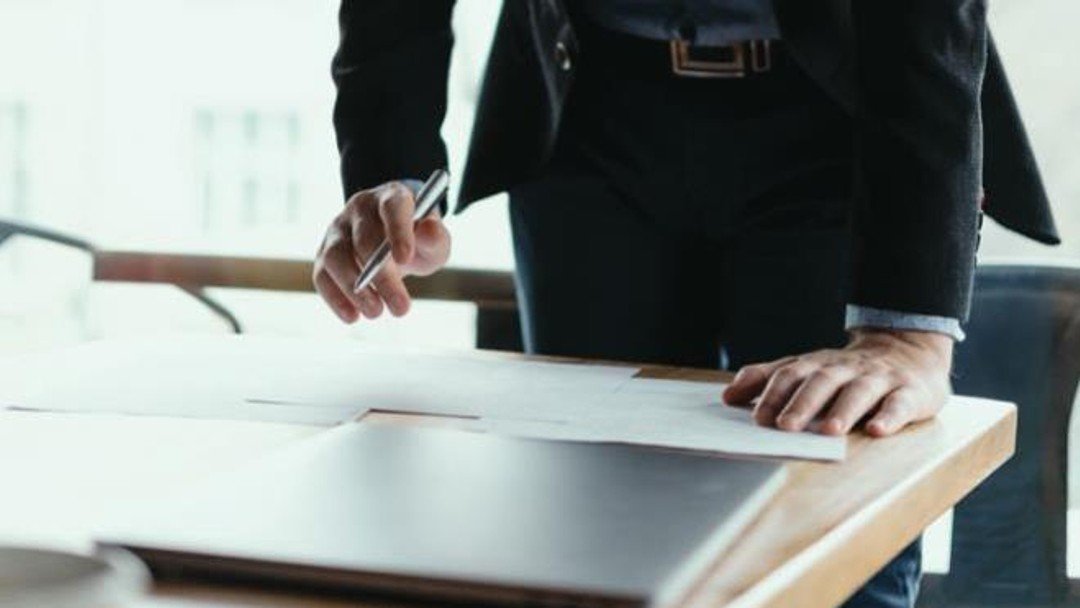The signing conundrum

By Kingsley LLP
The pandemic presents physical challenges for wills and LPA preparation, says Joseph Austin
The covid-19 crisis has been keenly felt in the sphere of preparing lasting powers of attorney (LPAs) and wills.
Challenges arise because these activities are paper and original document heavy; and because of our need for face-to-face meetings and assessment. The pressures have become more pronounced, with mortality prominent in many people’s minds. The demand for wills has risen by up to 70 per cent, according to the Law Society.
Onboarding new work can be time-consuming at the best of times. Thankfully, the Solicitors Regulation Authority (SRA) has published reassuring guidance. On client identification checks, it reminds practitioners of two elements:
- Rule 8.1 of the Code covering the duty to identify who you are acting for, but how this is achieved is at the solicitor’s discretion – it need not necessarily involve face-to-face contact. Email, telephone and virtual appointments may be enough; and
- Client due diligence for anti-money laundering purposes, with the SRA largely leaving the discretion with solicitors on how to fulfil it. Not meeting a client face-to-face is normally a factor triggering deeper ID checks (enhanced due diligence) but the SRA indicates it could be possible to achieve enhanced due diligence remotely using electronic verification.
In the case of emergency wills instructions, the SRA states that details in the client care letter including costs and complaints procedure can be communicated verbally.
However, this should be recorded in a full attendance note after the event. Execution of LPAs involves at least three separate parties: donor, attorney and certificate provider.
A hard version of the document needs to be circulated to carry wet ink signatures from each party. In pre-lockdown times, we would often act as certificate provider, holding a meeting with the donor to allow them to sign; and we would witness and provide our certificate. We would then post the form to the attorneys with instructions to sign before an independent witness. With most of us working from home, the logistical challenges of completing these documents are sizeable.
However, if the need is pressing the solicitor is willing and the client is able to pay, the solicitor could first visit the donor, act as their witness and certificate provider; and then visit the attorneys to witness their signatures. Social distancing and hand-washing precautions would need to be observed by all parties.
Executing wills Assuming it has been possible to obtain full instructions remotely, and there are no suspicious circumstances, the challenge is finding two witnesses.
The Law Society and the Ministry of Justice have been discussing changes to execute wills in the current circumstances. Meanwhile, various arrangements involving witnesses watching the testator sign at a safe distance have been discussed.
However, the risks to the testator’s health of witnesses coming into any contact, or the logistical challenge of getting the hard document to the testator in time, may be too great. In those cases, the most pragmatic solution is for the testator to delegate the signing of the will to one of their witnesses (it would be best for that to be the solicitor who prepared the will).
The testator would then observe the delegated witness and the other witness reading through the will to the testator on live video, before the delegated witness then signs for the testator; and both witnesses sign.
The video would be recorded as evidence. The Law Society says the Wills Act doesn’t permit witnessing a will via video messaging because a witness must be physically present (in contrast to the Law Society of Scotland which takes the opposite view).
For now, the delegated witness and the co-witness would need to locate themselves physically in the line of sight of the testator – not just virtually. This would only be a temporary fix; and when the lockdown is lifted and the vulnerable testator can safely receive witnesses, the will should be re-executed to overcome the risk of the temporary will being invalid.
I have confidence in the resilience and adaptability of practitioners to meet the challenges and, if the lockdown continues, for pragmatic temporary legislative changes to smooth the largest of these obstacles.
Joseph Austin is a senior associate at Kingsley Napley kingsleynapley.co.uk
